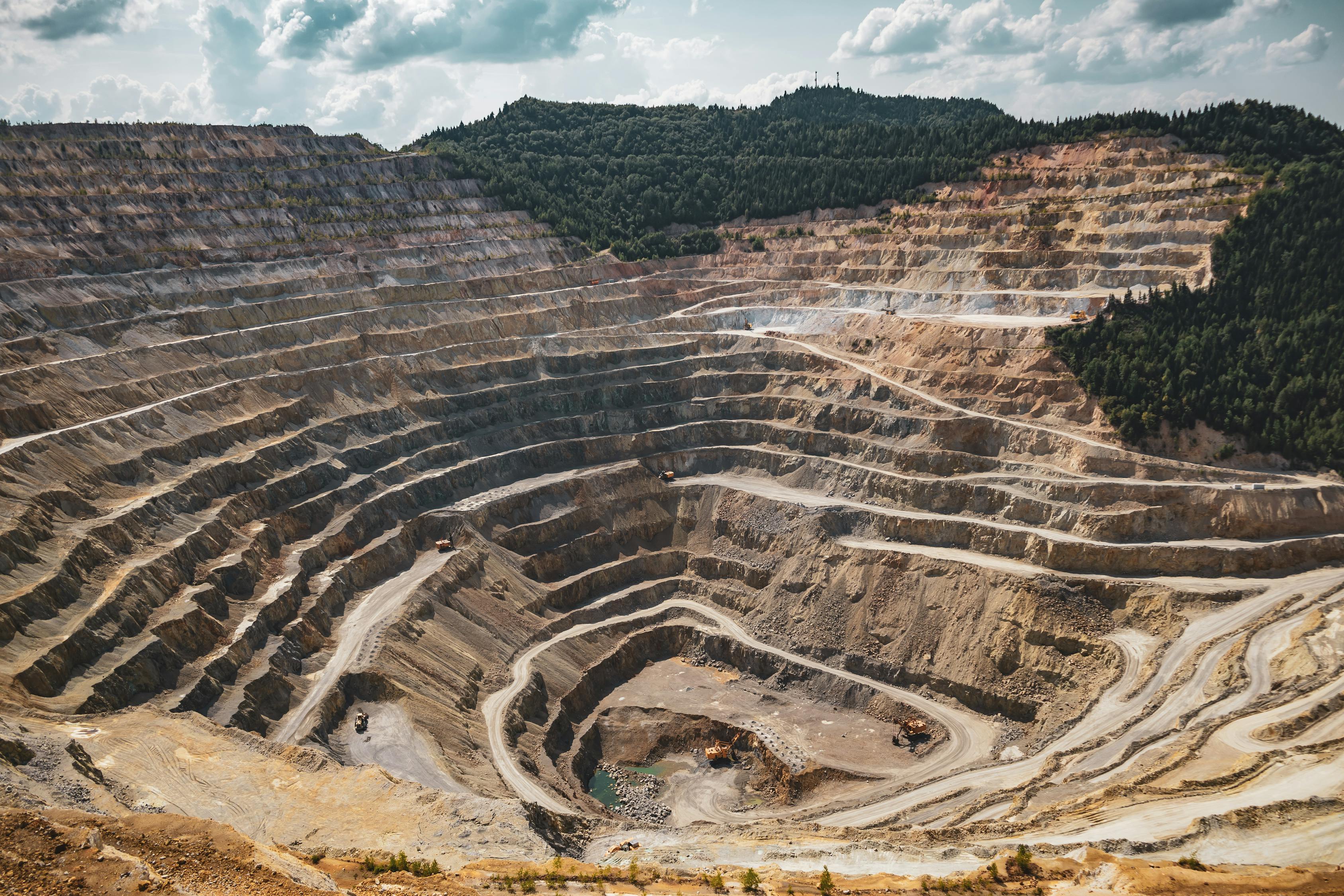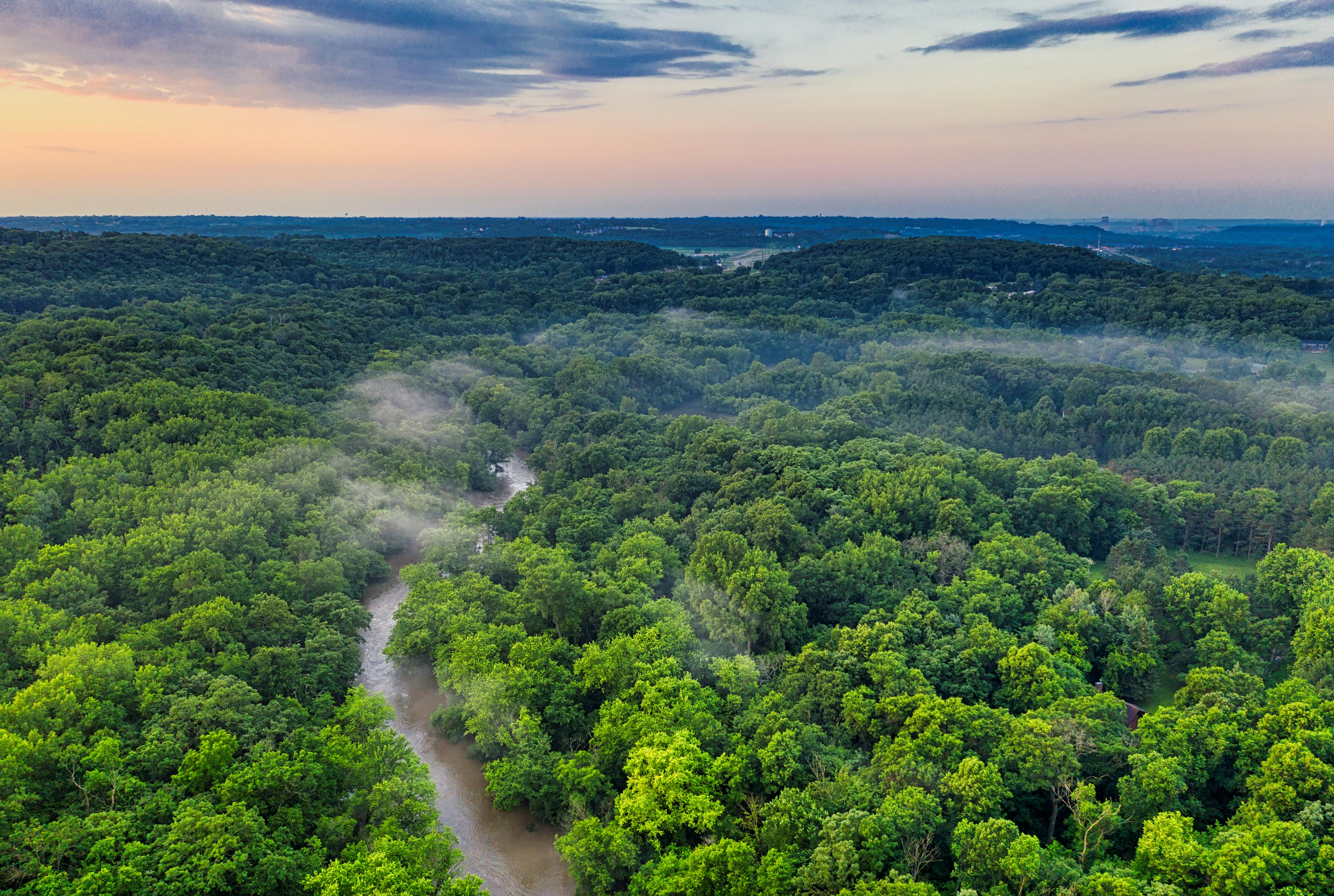A Wink and a Nod to Illegal Mining
Brazil’s permissiveness to illegal mining harms its environment and indigenous peoples -- and what it says about colonial history, rule of law, and international responsibility
In November 2021, countless boats invaded – almost from shore to shore – a major artery in the river Madeira in Brazil’s western state of Amazaonas as part of an illegal gold mining operation. The significant material and scale of the operation indicate that those operating the mining boats are well-organized and well-funded. The images from the quasi-blockade spread rapidly through Brazil, causing outrage at the impunity of the illegal miners.
The utter lack of concern at being caught exemplifies how Brazil’s national government has shirked its responsibility to enforce its own laws against illegal mining. The river falls under the responsibility of the national government, headed by the president. Jair Bolsonaro, president since 2019, has also publicly sided with illegal miners. In May 2021, Bolsonaro said it was not “fair” to criminalize mining in Brazil. He has also attempted to relax rules against illegal mining in indigenous and community lands throughout Brazil.
Illegal mining in rivers causes serious pollution as mercury enters the river. Miners use mercury to separate the gold from other substances they dig up in the river. As the miners expel the excess substances mercury flows into the river with it. The mercury in the river is then digested by fish who, caught by local fisherman, cause serious bodily and cerebral harm to local populations.
Illegal mining is also responsible for significant deforestation throughout Brazil. As this video by The Intercept Brasil shows, deforestation destroys significant stretches of ecosystems and leaves barren and polluted land. Once land is deforested, it is often used as grazing land for cattle or to grow crops like soy and habitats do no recover. Mercury, used by land and river miners alike, often runs off land mining sites into rivers which further contaminates the water’s ecosystems and poisons the local food supply for humans.
The mining often occurs in indigenous land (the equivalence of a Native American reservation in the United States). Protected by Brazil's 1988 constitution as essentially sovereign land for native peoples, mining companies have invaded these lands which lie in very remote areas. Given the remoteness and the national government’s wink and a nod to illegal miners, there is little recourse for many indigenous communities. Moreover, for the indigenous that do legally challenge the land invasions by miners they may soon have to prove they held their land prior to the 1988 Constitution. Proving ownership of land prior to 1988 is a difficult if not impossible task for many groups who live isolated lives with little to no technology and thus do not keep records to prove such a demand. Within the first year of Bolsonaro’s presidency, the invasions of indigenous land had doubled. The government’s efforts have produced the desired results.

The attitude of Bolsonaro and his allies stems from racism that degrades the indigenous people as less than human and unworthy of their own land, culture and language. Bolsonaro has said that the indigenous people are “becoming humans equal to us [non-indigenous Brazilians]” and that they are “evolving.” Bolsonaro has compared indigenous people living in protected, reservation-type areas to protected animals living in zoos. He has also said the indiegnous people “do not have a culture” and questioned why they should have 13 percent of the nation’s land.
Bolsonaro’s aggressive attitude toward indigenous culture is another violation of the 1988 Constitution. The Constitution expressly recognizes the “costumes, languages, beliefs and traditions” of the indigenous and their right to existence. It is also a reflection of centuries-old attitudes of Europeans and European settlers in Latin America that do not view the indigenous as deserving of their territory because they do not sufficiently extract or create value from the land. (Value being monetary in the capitalist sense of the word.) Similar justifications were used by Europeans for their colonization of Africa and Asia as well.
Bolsonaro’s government is a significant step backward in the protection of indigenous lands – and, by extension, the protection of natural habitats on these lands. As noted, Brazil enshrined significant protections in its 1988 constitution and again updated these protections in 2005. These protections came as part of a wave of international recognition of their rights of indigenous people and action on behalf of them at the United Nations.
The illegal mining in Brazil, encroachment on indigenous land, and the government’s permissive attitude toward this illegal activity is concerning beyond the immediate damage to Brazil’s environment and indigenous communities. When laws created by democratic governments are not followed and enforced by the government’s themselves, why should anyone respect the nation’s laws? The long-term consequence is a weaker rule of law and a society where those with money and influence can get what they need at the expense of those on the margins who do not have the resources to fight back (such as indigenous communities and those that depend on the food supplies of rivers). The large-scale illegal mining operations – which require significant capital – are proof of this. Even legitimate international mining companies are taking advantage of the newly permissive environment to set up mining operations.

Brazil and all nations could put the onus on the extractors and sellers of natural resources to prove their natural resources were extracted from legally approved and environmentally friendly places. Brazil currently asks sellers of gold to attest that it came from a legally approved area without requiring further proof. The international community has pressured Brazil to stop illegal mining and deforestation in the Amazon while still driving up demand – and thus prices – for the natural resources from the Amazon which make illegal mining profitable. Commodity prices are international and thus the price is not a function solely of Brazilian supply and demand. Natural resources are necessary for international economies to function and people to live comfortably and we cannot simply stop consuming them.
Western nations could also put stricter controls on their mining companies that operate in Brazil. Such a move, however, could allow companies from countries less concerned with illegal mining (such as China) to simply take over the extraction without any stop to the illegal mining.
It is convenient to blame Bolsonaro's government for the invasion of indigenous lands and the destruction of habitats in Brazil -- and they do deserve a large part of it. However, we as a world – and not just Brazil – must decide which natural resources can be mined in a responsible way and where so that we do not destroy the people, animals and habitats who live on the lands with the resources. This requires all nations and people to take an interest and recognize their interest in the matter. If the fate of Brazil’s indigenous communities and habitats does not spark a call to action, perhaps a deforested Amazon and increased CO2 in the atmosphere – and thus faster climate change – will wake up the world.
